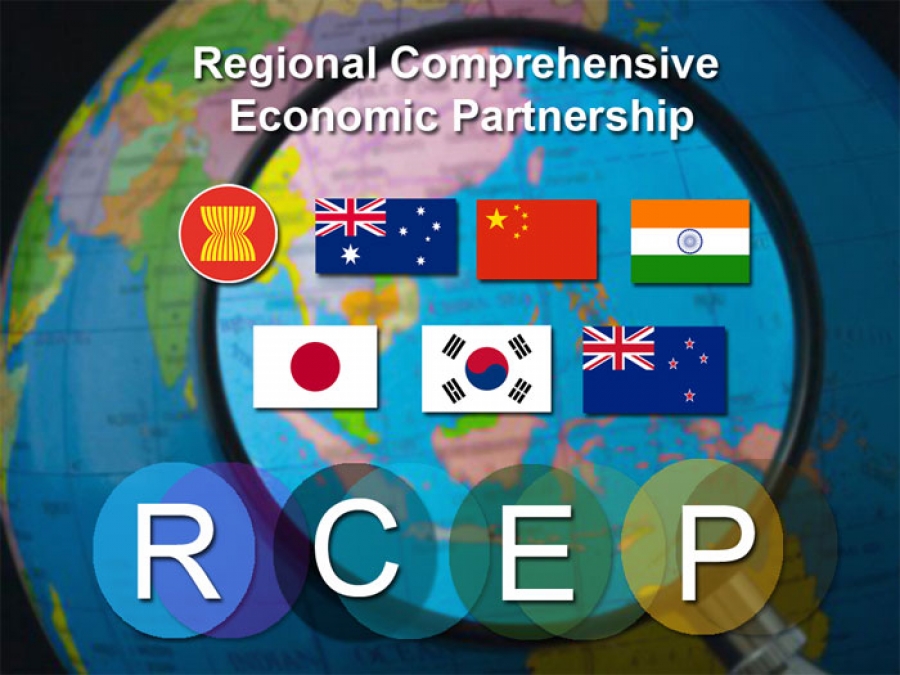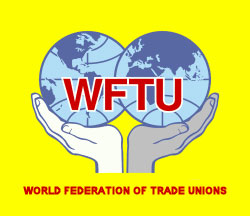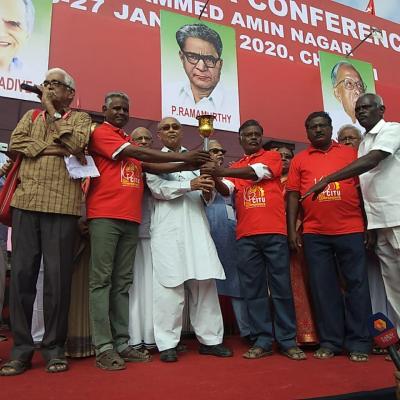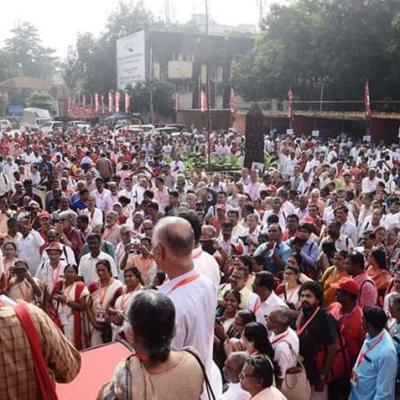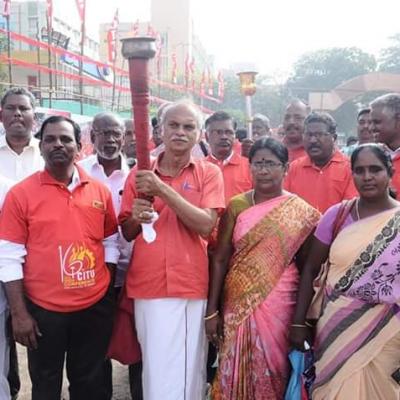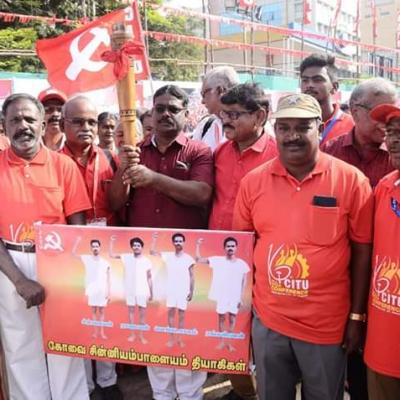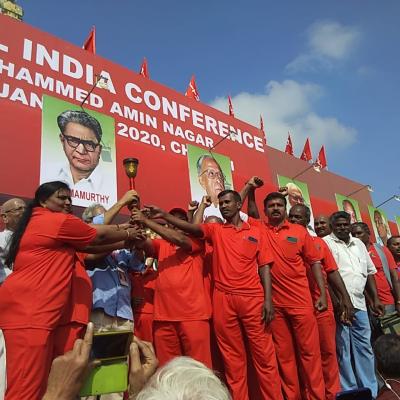Investment agreements - whether stand alone or as chapters of FTAs such as RCEP, are skewed against the public interest and the interests of host governments, particularly in the developing world. These agreements guarantee rights of investors and put impose obligations on host countries to guarantee these investor rights. The mechanism to exercise these rights, the investor-state-dispute-settlement (ISDS), allows investors to sue governments demanding millions of dollars as compensation. The cases are heard by international arbitration whose functioning is completely opaque. The ISDS has already forced the Indian Government to pay US$ 4.1 million to an Australian company, White Industries on a case dealing with coal imports. The total known amount claimed by foreign companies through arbitration is at least US$ 12.3 billion. Investment chapters do not include a set of obligations on investors, and compromises the government ability to develop sound industrial policy for national development.
The implications of import duty cuts on the ability of the government to raise taxes are another major concern. Considering the current value of imports from RCEP countries, the potential loss of government revenue due to the proposed cuts in duties is estimated at US$ 8.5 billion (Times of India, 29 July 2019). This is tax money that is urgently required to strengthen the provision of quality public services for workers and the poor.
We are also concerned with RCEP provisions on the regulation of foreign companies. RCEP not only includes provisions on investment and commercial presence but it also proposes rules that affect domestic regulation of private companies on the basis that these regulations would apply to foreign companies. It is necessary to regulate operations of private providers taking into consideration a range of objectives including national development, the public interest, environmental concerns, workers’ rights and welfare. In essential services, if private providers fail to deliver, it is the government’s responsibility to take those services back into public hands. RCEP is expected to include provisions that promote and lock-in the liberalization of public services, such as the so called 'standstill' and 'ratchet' clauses.
A new arena for profiteering is the digital economy where digital monopolies are aiming to block future avenues for regulation through e-commerce chapters in trade agreements. In the digital economy, precarious labour is disguised as flexible labour, contributing to the existing trend of decreasing share of wages, thus furthering inequality. Proposals for e-commerce chapters to ban requirements for local registration of digital services providers, requirements for localisation of servers and requirements for disclosure of source codes and algorithms would have implications for industrial relations in digitally-enabled sectors where employment relationship is already contested. Further, free data flow compromises privacy and economic rights of workers, along with those of others, and India’s domestic digital industrial development.
Advantages that India used from the flexibility in the World Trade Organisation’s Agreement on TRIPS in protecting access to medicines are now being endangered. High prices of medicines resulting in the impoverishment of the poor are caused by monopoly pricing by patent holders. Nearly all of them are foreign companies that will be protected by RCEP proposals. Extension of patent periods beyond 20 years and preventing generic medicines by inclusion of clinical trial data in patent law would further establish monopoly of the foreign companies for an indefinite period. Enforcement measures are also of concern, as well as the implications of the definition of IPR as an investment. Any of these clauses would have negative impacts for medicines production in India, considered as the pharmacy of the developing world.
Finally, we are concerned that the Government of India is involved in negotiating away the future of the country in a most secretive manner. Negotiating positions and draft texts have been kept away from the public, elected representatives, and state governments despite 30 rounds of negotiation since 2013. This undemocratic process was not followed while negotiating the WTO Agreements or on the nuclear deal with the USA. Whatever information has been leaked so far indicates that severe damage can happen if RCEP is signed.
Due to all the above concerns, we, the central trade unions, urge upon the Government of India to immediately pull out from RCEP negotiations.
INTUC AITUC HMS CITU AIUTUC
TUCC SEWA AICCTU LPF UTUC








